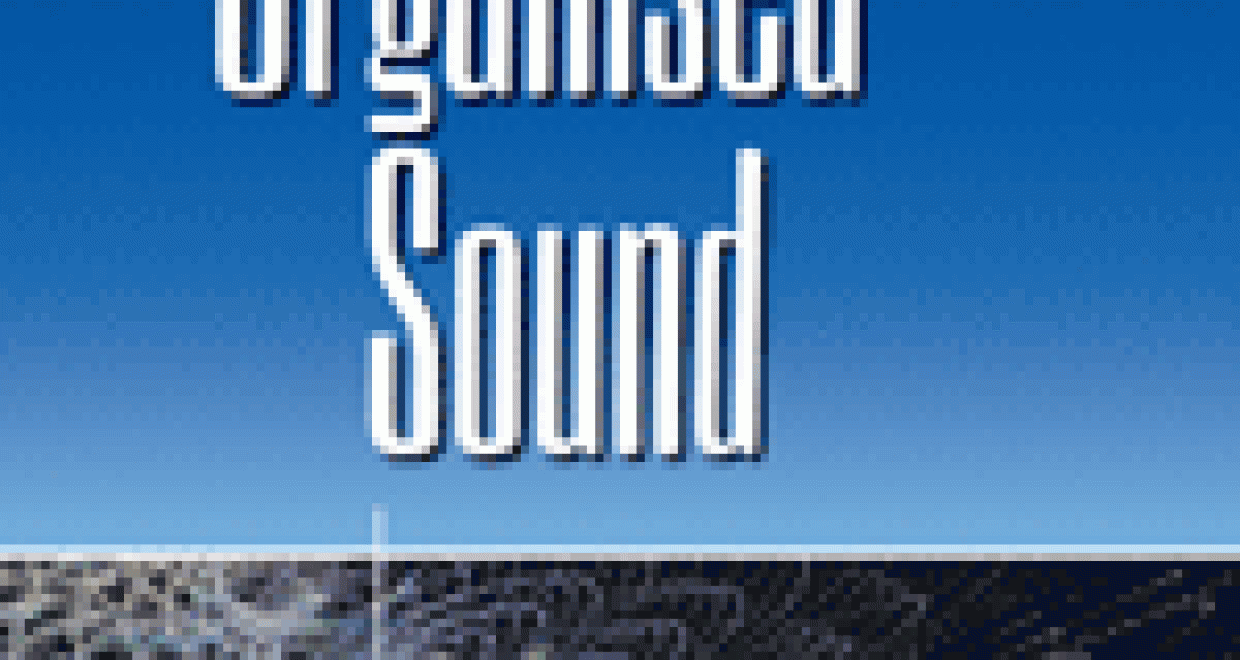Sonification – contribute to a new themed issue of Organised Sound
Professor Leigh Landy is the Editor of Organised Sound and Director of the Music, Technology and Innovation Research Centre at De Montfort University, Leicester.
Sonification is a type of auditory display which relays information and perceptualises data through non-speech audio.
In recent years Auditory Display, Sonification and Audification have entered the public consciousness. Examples of effective data sonification can be found in research fields as diverse as seismology, traffic control and biomedicine. The recent publication of The Sonification Handbook (Logos Publishing House, 2011) provides a contemporary introduction to an interdisciplinary practice that frequently crosses the boundaries between sound design, music composition, cognitive psychology and more recently, analytical and computational musicology.
Many of the sonifications covered in the popular press reduce the data by forcing the sonification to conform to western scales and regular rhythm. For instance, the BBC covered the sound of the newly discovered Higgs Boson particle which is a simple piano solo. Timbral or electo-acoustic music can represent the data much more accurately.
The idea for this issue arose when the editors, Margaret Schedel and David Worrall, met at the International Conference for Auditory Display, and discovered they were both on the board of Organised Sound. They felt there was a lack of scholarship on the aesthetics of sonification, and hope to direct new discussions on using timbre to understand the world around us.
This themed issue of Organised Sound aims to explore and document current musical practices and innovations in this new sonic space. Most publications have focused on why sonification works, or how the sonification was performed. However, whenever there is mapping from one kind of data to another, aesthetic decisions are being made. Have composers been sonifying all along? If so, have audiences been listening as if that’s the case? How can electro-acoustic music studies advance this interdisciplinary field?
To find out how you can contribute to this issue, view the full call for papers here.
The deadline for submissions has passed.





